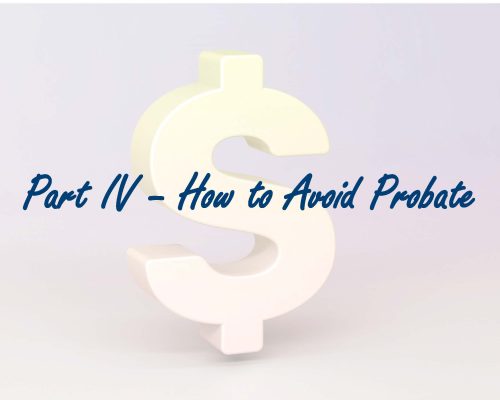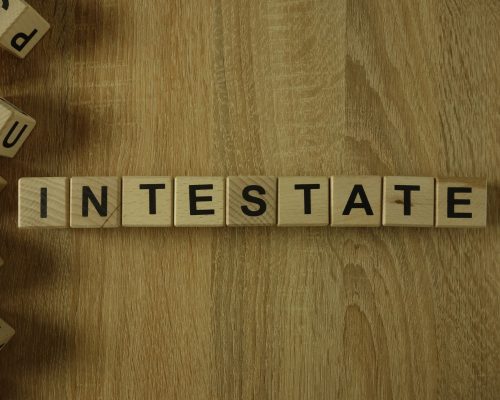Hotchpot versus Loan
- Explaining the differences between a hotchpot clause in a will and using a loan for the purpose of taking into account gifts to children while you’re alive in order to equalizing children’s inheritances
Hotchpot or loan: which is the better way to equalize our children’s inheritances?
I’ll start with the hotchpot option.
The word “hotchpot” is an archaic legal term. I am no historian, but I understand that it dates to the late 13th century.
An example clause in a will: “For the purpose of determining the shares of my children in the residue of my estate, all cash gifts made by me to any child during my lifetime shall be brought into hotchpot and accounted for as part of that child’s share.”
That’s a meaningless clause without a lawyer’s explanation.
I didn’t say it was a “hotchpot” method of equalization, but I did give an example calculation in last week’s column.
I proposed a $1 million estate to be divided equally among four children – John, Paul, George and Ringo.
While their parent was alive, John was given $100,000.00 to help with the down-payment on a home.
The hotchpot clause would require the executor to do the following:
- First, add the gift to the value of the estate, resulting in an adjusted value of $1.1 million,
- Then divide the adjusted value equally between the four children, resulting in four equal payments of $275,000.00,
- But before giving John his share, to subtract the previously given gift of $100,000.00, leaving John with $175,000.00.
The resulting division of the estate is $275,000.00 to each of Paul, George and Ringo and $175,000.00 to John, the total adding up to the estate value of $1 million.
Now for the loan option.
When John receives the $100,000.00, he agrees that it is repayable on the death of the parent.
He signs a promissory note, which is simply a written documentation of that loan: “I, John Smith, acknowledge receiving $100,000.00 from my mother, Jane Smith, as a loan. I agree to repay that loan on my mother’s death.”
The estate is $1 million plus the $100,000.00 debt owed by John, Totaling $1.1 million.
The total estate, divided equally between the four children, is $275,000.00 each.
But John hasn’t actually repaid the $100,000.00, so it comes out of his share, leaving him with $175,000.00.
The outcome is exactly the same whether you use a hotchpot clause or structure the “gifts” as loans.
Which option is better?
Here are some benefits of the loan option:
- It’s crystal clear and understandable to everyone without a lawyer’s explanation.
- You can clearly differentiate between gifts that you intend to be equalized and those you do not. For example, if you don’t want to equalize a $50,000.00 gift to help one of your children through cancer-related unemployment, you don’t have them sign a promissory note.
- There is documentation which eliminates the uncertainty of whether all gifts will be remembered and accounted for.
- You can include interest terms. If you hadn’t given that $100,000.00 to John, it would have stayed invested and grown over time, resulting in a larger shared inheritance. By requiring John to pay a reasonable interest rate, the equalization is fairer to his brothers.
Benefits of the hotchpot clause method:
- It’s informal and friendly. You don’t have to feel like a moneylender when giving your children helping hands.
- It doesn’t require creating legal documentation, i.e. the promissory notes. Though of course it’s incredibly helpful that gifts be documented so the executor knows what needs to be equalized in a hotchpot clause.
- A debt to the estate must be included in the reporting of the estate assets for the purpose of calculating probate fees, which are approximately 1.4%. No probate fees would be payable when accounting for gifts in a hotchpot clause.
Best of both worlds?
Imagine a plain language hotchpot clause that would be understandable without a lawyer’s explanation.
Imagine that clause referring to a ledger that lists gifts that are intended to be accounted for on death to ensure fairness between all the children.
That ledger could include interest terms for the purpose of valuing the size of the gift.
There would be no obligation to repay a loan, so there would be no associated probate fees.
My plan for next week is to create and provide an example clause.
Caution! I am providing legal information and opinions that cannot be relied upon as legal advice. Please take this caution seriously and have a proper consultation with a lawyer who is fully informed about your particular circumstances.




